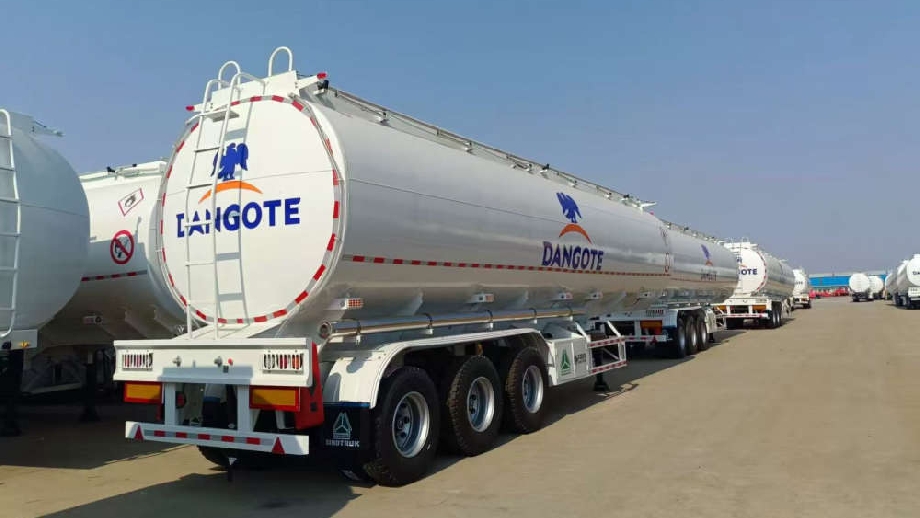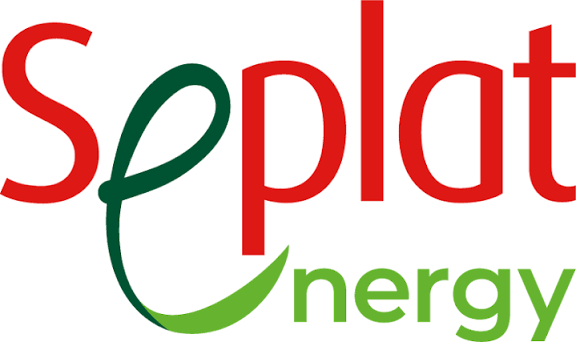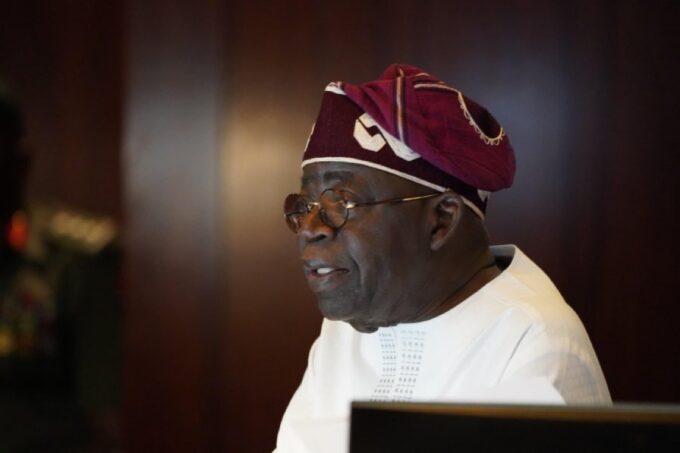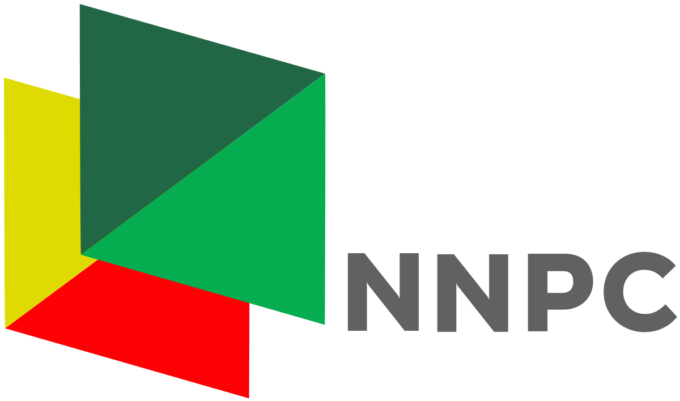The Depot and Petroleum Products Marketers Association of Nigeria(DAPPMAN) has appealed to the Dangote Refinery to make its fuel supply more accessible to marketers and sell products at affordable rates.
The DAPPMAN spokesperson, Ikem Ohia, who made the appeal while speaking said on Channels Television’s The Morning Brief on Wednesday, said that closer collaboration with the refinery would ensure steady supply and end fuel queues across the country.
The association image-maker also dismissed claims of a rift with the refinery, insisting that marketers only want a transparent arrangement that guarantees regular distribution.
“Our key interest is to have petroleum products offered at reasonable prices consistently, in a way that there’s no stock-out and Nigerians no longer queue for fuel,” Ohia stated.
No
While acknowledging the refinery as the dominant supplier, Ohia explained that access and pricing remain the major concerns.
“The question is: at what price does he offer us, and do we actually have access to purchase these products from him?” he asked.
He pointed out that for over two decades, DAPPMAN members have developed a strong distribution network with depots in Lagos, Warri, Port Harcourt and Calabar, and urged Dangote to take advantage of these facilities.
“What we are asking Dangote to do is to use these depots that are already in existence for us to meet the demands of Nigerians,” he said.
On claims that marketers were pushing for subsidies, he replied, “We are businessmen; he is a businessman. We’re not asking for subsidies. We went into negotiations and are still negotiating to see how he can bridge the gap.”
According to DAPPMAN publicist, global practice shows that refineries usually rely on bulk supply to off-takers alongside retail sales.
“Ideally, refineries emphasise bulk evacuation through off-takers who can lift massive quantities and allow continuous production. Relying only on retail gantry sales cannot meet national demand,” he stated.
He added that although DAPPMAN approached Dangote before production commenced to request bulk supply, no firm understanding was reached.
“Instead, he prefers to work with a few selected partners, which includes one or two of our members. We believe an open system, not a controlled one, will help the country,” he said.
On distribution, Ohia noted that many of the association’s members also operate filling stations, some with as many as 300 outlets, but restricted supply has left them unable to meet demand.
“Figures don’t lie; whatever is supplied now doesn’t meet full market needs. Bulk deliveries to depots are necessary if we must serve Nigerians effectively,” he sa











